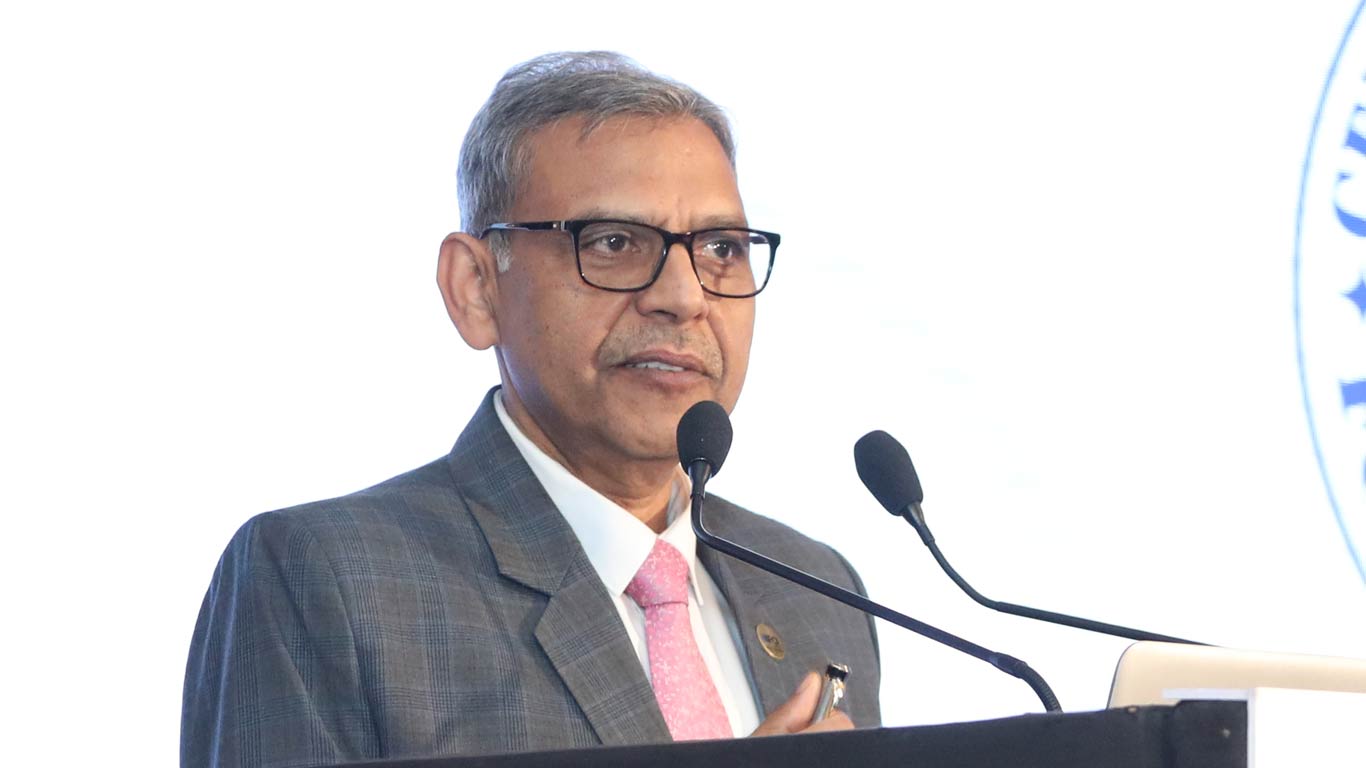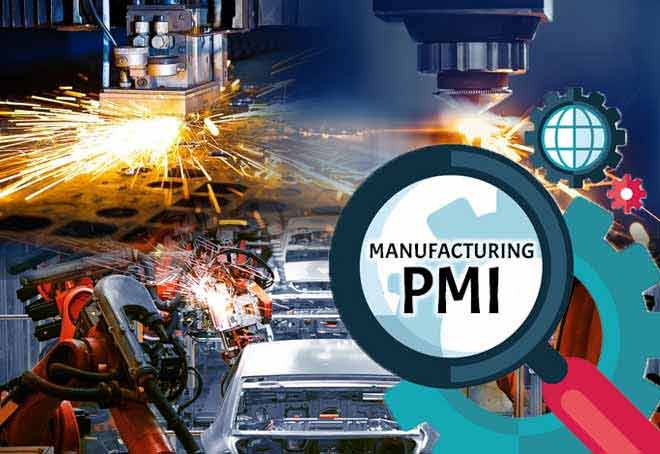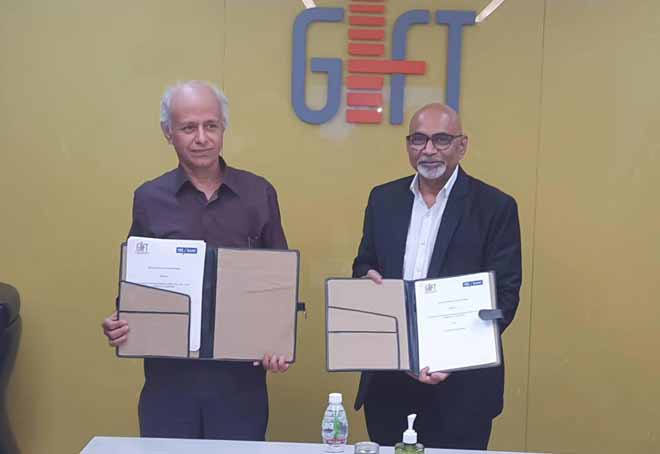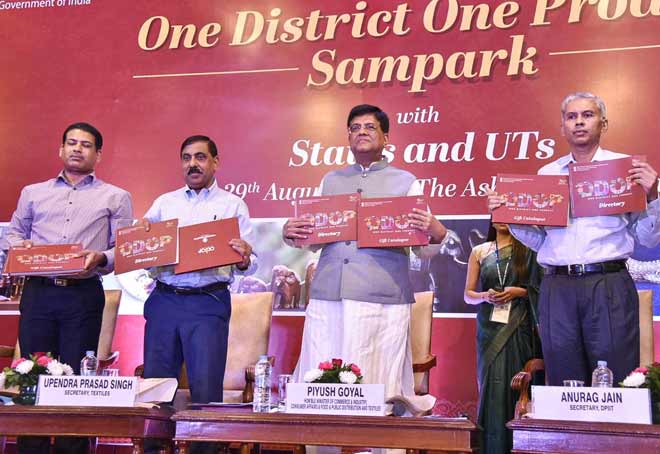Incubating success through young entrepreneurs
Updated: Sep 28, 2013 12:02:05pm

New Delhi, Sept 28 (KNN) Incubation has been an important part for start-ups in the last few years. These programmes have helped a lot of hot start-ups to emerge and encourage other members to become entrepreneurs.
Incubation programmes give entrepreneurs an experienced mentorship, advice, fund, entrepreneur skills and practical training. They take a small amount of equity in exchange and regularly monitor the progress.
There are many successful examples of how universities have been playing a major role in development of entrepreneurship through incubation.
The institutes not only provide practical and theoretical knowledge to the students but also encourage students to develop new ideas.
Different Ministries including the Ministry of micro, small and medium enterprises (MSME) have started incubation projects in partnership with different universities and institutes.
“Incubation is an extremely successful development initiative. It is quite unparalleled in its development mission and it comes with huge dividends for the society,” said Executive Director of Tiruchirappalli Regional Engineering College (Trec Step), R M P Jawahar.
Trec Step has so far incubated nearly 200 start-ups, since 1986. “With MSME we have identified 10 start-up ventures in the areas ranging from Water Purifcation systems, Nano Technology and many other ventures,” he said.
Some of the products developed through incubation in TREC Step are- Solar Dryers, TV Boosters, Shock Proof Main Switches, Solar Water Heater, Tube light Inverters etc.
Under this scheme, 100 “Business Incubators” (BIs) are to be set up under Technology (Host) Institutions by 2014 and each BI helps the incubation of about 10 new ideas or units. For this service, which includes the provision of laboratory/workshop facilities and other assistance/guidance to young innovators, each BI is given between Rs 4 lakh and Rs 8 lakh per idea/unit nurtured by them, limited to a total of Rs 625 lakh for the ten units. In addition, each BI or each host institution may get- upgradation of infrastructure Rs 2.50 lakh, orientation/training Rs 1.28 lakh, administrative expenses Rs 0.22 lakh.
“The idea of Incubation has been a success. We grant the project to the engineering colleges/ technical institutes and then the experts and professors mentor the project. However, we also do time to time monitoring of the progress and requirements,” said Deputy Director, Incubation Centre, MSME Ministry, L K Chowdhary.
Chowdhary said that till now more than 150 projects have been successfully incubated.
Trec Step which has incubated nearly 200 star-ups since last 24 years has received Rs 56 lakhs seed funds and more than Rs 3 crore for the ventures.
To fund start-ups, these incubators receive grants from the government in terms of technology facilities while the institutions/co-promoters are expected to provide land and building.
Further, Jawahar said that while recurring expenditure is provided by the government for the first five years, incubators have to generate their own resources as self-sustaining ventures.
“New seed funding instruments are also launched by various ministries for the benefit of young start-up entrepreneurs from time to time. National Science & Technology Entrepreneurship Development Board provides up to Rs 50 lakh seed fund (soft loan) support for entrepreneurs while Technology Development Board provides Rs 25 lakh seed fund through the concerned incubators.
“For developing innovative prototypes processes, the Department of Scientific Industrial Research also provides Rs 15 lakh for developing innovation and another Rs 45 lakh for commercialising them at 50 per cent cost support for select innovations,” he added.
The Ministry of Finance has even provided Service Tax exemptions for young start-ups and for the hosting incubators up to a certain ceiling.
Besides, funds are generated from rent, consultancy, equity share, training programmes which make the set-up sustainable.
The institute and the MSME Ministry have been satisfied with the outcome of the scheme as there have been several success stories of the incubatees who have not only designed their products but have also successfully commercialised their ideas and have grown as enterprises.
“I think this scheme is not only critical but also very essential for new comers,” said Chief Executive Officer of Pure Tech India, Aravind Narayana, which is a successful knowledge based venture dedicated to innovative design and manufacturing of specialty engineering equipment used for liquid pollution control incubated at TREC-STEP with the MSME Ministry’s support.
“The major challenge for the start-ups is getting funds. Here, we get finance without any security,” Narayan added.
The company within a short period of time has already exported their equipment to Malaysia, Singapore, Nigeria, Indonesia, Bangladesh, Kuwait, Dubai and Iraq.
Currently, the equipment is being exported to Brazil and Mozambique, totally covering 10 countries. The turnover of the company increased many fold in its four years of operation with more than 50 per cent contribution from export sales. The company has graduated into a complete system-engineering firm, from design to service and has over 37 employees in different work areas.
With TREC-STEP continuous support, the company has now emerged as an approved vendor for India Oil Corporation, the other prestigious clientele include Wipro, Sanmar, ACC, Sandvik, BHEL, Rane, etc. Pure Tech India has plans to graduate into a public company within five years with distinct achievements. (KNN/SD)











